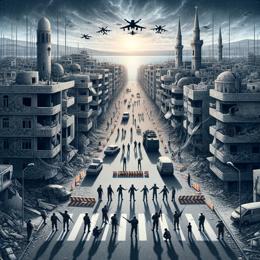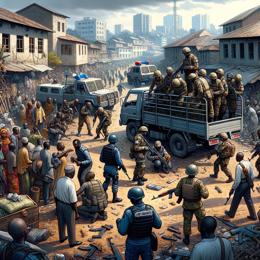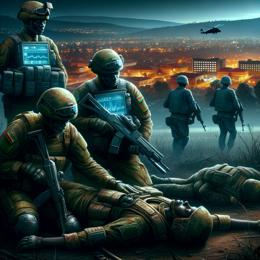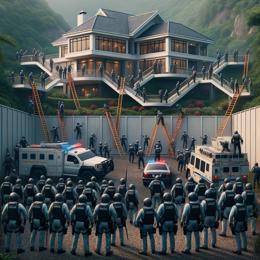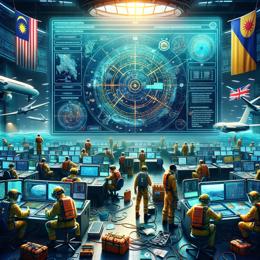Picture: for illustration purposes
Gaza Conflict Enters 'Second Stage': Israeli Prime Minister Netanyahu's Call for 'Long and Hard' Offensive
Israeli Prime Minister Benjamin Netanyahu has pronounced that his country's confrontation with Hamas is embarking upon its "second stage," indicating a notable escalation of the conflict as Israeli troops and armored vehicles have begun invading the Gaza Strip.
At a Saturday night press conference held in Tel Aviv, Netanyahu sent a weighted message to his compatriots, instructing them to prepare for a "long and hard" offensive. He pronounced the ongoing campaign as the nation's "second war of independence" since its foundation in 1948, clearly highlighting the gravity of the situation.
“This is the second stage of the war, aiming to obliterate Hamas's governing and military capabilities and ensuring the return of the hostages,” Netanyahu underscored to reporters, signaling a deeper engagement.
As the Israeli bombardment of the Gaza Strip intensifies, leading to near-complete communication blackout, Palestinian media outlets reported of some links being restored on Sunday. Israel’s military had, until now, limited their ground operations to fleeting incursions. Netanyahu’s invocation of a second stage implies scaling up these operations.
Reports indicate that the severity of attacks is clearing the way for Israeli ground forces to penetrate further into Palestinian territory. Despite therrals, insiders from Israeli military established that troops and armored vehicles have been deployed in northern Gaza since Friday.
Notwithstanding, U.S President Joe Biden's administration cautioned Israel to postpone initiating a large-scale ground offensive, citing concerns regarding civilian casualties, regional escalation and the safety of captives held by Hamas.
This conflict signals a shift into dangerous, uncharted territory with looming humanitarian disasters due to shortages of food, water, and medical supplies. Human rights organizations express grave concerns over potential war crimes as communication blackouts can act as a cover-up.
Internationally, the situation is being closely monitored, with the United Nations Security Council scheduling a meeting for Monday to deliberate the escalating crisis.

